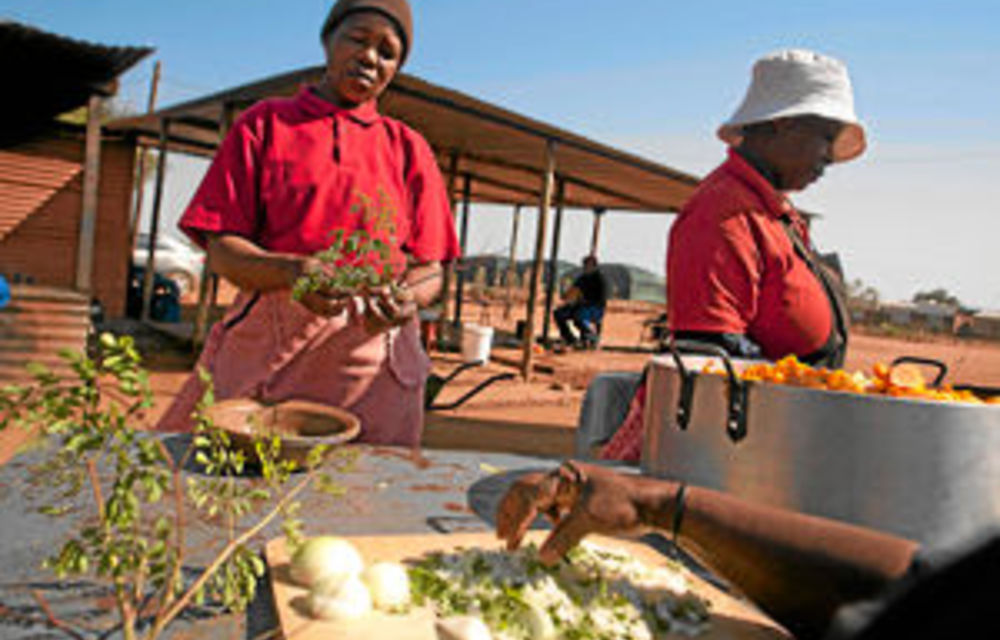
At the end of November, Durban, South Africa, will host COP 17, the 17th Conference of the Parties (COP 17) of the United Nations Framework Convention on Climate Change (UNFCCC). As happened last year, in the run-up to the Cancun conference, the press yet again `discovers’ women farmers, women fisherfolk, women workers, who are at the core of the struggle for climate justice, both as active participants and as targets of environmental devastation and climate change. Yet again, the story is that women `bear the brunt.’
This story takes one of two routes, miracle or mercy. According to the first, by some miracle, women discover a way to feed their communities. According to the second, the slow death of climate change shall have no mercy on women. This week’s Mail & Guardian offers a prime example of the miracle narrative.
In “The `miracle’ tree”, the village of Tooseng is saved by the `miracle’ of the moringa tree. It was no miracle. It was instead Mavis Mathabatha, of the Sedikong sa Lerato drop-in center, which feeds 320 children and provides after-school care. As well it was her mentor, Mamakgeme Mphahlele, who directs Lenkwane Lamaphiri drop-in center, in Mphahlele Seleteng. Both Mathabatha and Mphalele have committed their centers to planting the super-nutritious moringa trees. The moringa leaves are a treasure of nutrients: calcium, vitamin C, potassium, iron, vitamin A, protein, and lots of each.
There was no miracle. Mathabatha and Mphalele, as women in charge of drop-in centers, did what women in charge of drop-in centers do. As Mavis Mathabatha tells the story, the women performed research. They asked questions. They went on-line and researched some more. They found the information, then they found the agencies to provide the seeds, then they found the means. They took care of the children, the community, and, in their way, the world.
Climate justice. Sustaining and sustainable food. Healthy children. These are not lofty, impossible goals, and they are never the result of miracles. They are, instead, produced by women who live in the everyday, in the odinary world we all inhabit, and who struggle to improve it. We have had too many stories of miracle workers. Instead, let’s hear about the neighbors and friends, the women around the corner or in the next village, and what they’re doing. Let’s admire Mavis Mathabatha and Mamakgeme Mphahlele for their radically ordinary pursuit of well being for all.
(Photo Credit: Mail & Guardian)